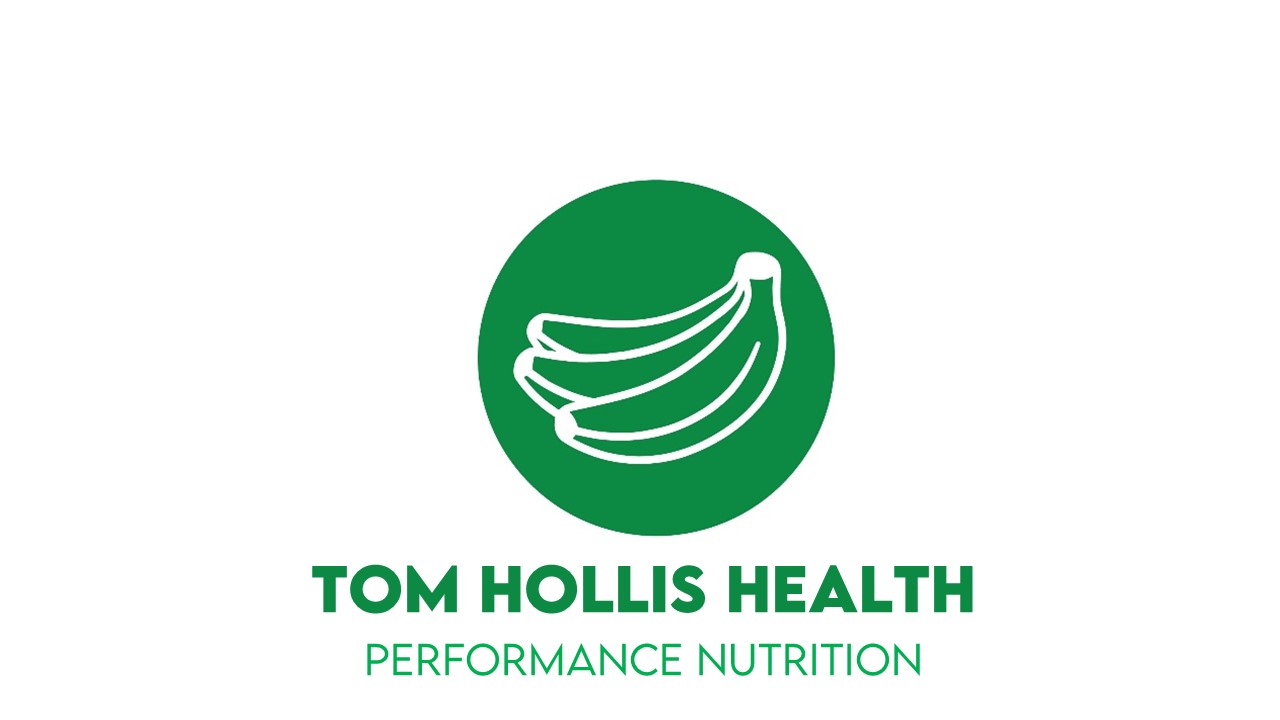Visitors to the BBC website this week may well have spotted an article with the following heading:
‘Any diet will do, say researchers, if you stick to it’.
The article (which you can read here) was in fact a summary of work published in the Journal of the American Medical Association, which itself was a meta-analysis (statistical combination of studies) of 48 individual trials.
The primary finding, as the headline suggests, was that the specifics of any diet being followed is less important than the act of actually sticking to that diet. They go on to state that this is down to the fact that all diets aim to restrict calorie intake, and so whether those restricted calories come in the form of protein, carbohydrates or fat, is largely irrelevant.
As we all know, dieting is big business, and fad diets come and go with every issue of a glossy women’s weekly (and increasingly the male equivalents too). Most – particularly the ‘celebrity endorsed’ versions – are based on the flimsiest of science and evidence, and can be fairly readily dismissed! Read about some of these fad diets here.
Equally, there are some diets out there that continue to be popular (for better or worse), and the NHS summarises the pros and cons of some of these here.
The work discussed in the BBC article did, to its credit, cover a very good range of the most popular diets, and in doing so, had a good sample size for data.
However, getting away from the story (which is interesting if not hugely surprising), the whole focus here seems to be on weight. Now, I am not naive enough to think that most people going on a diet are not doing so with the primary goal of losing weight, but surely we have come a little further than that?
Yes: a calorie is a calorie is a calorie, regardless of whether it comes from a carrot or a cake, but it is careless and dangerous to adopt such a reductionist approach to diets. Balance is key, and food groups should not be excluded without very good reason and even then with input from a Registered Dietitian. For this reason, I have an open mind regarding the 5:2 diet, for example, since this does not explicitly exclude any foods.
And beyond my issue with the simplicity of the findings of the research, I think the reporting of if on the BBC site is a little irresponsible. I have had issue previously with how the BBC report nutritional stories, as I feel they have a certain responsibility to avoid sensationalism…and yet they don’t always manage that.
In this case, they could easily have picked up on the point that this study refers only to weight loss, and devoted a few paragraphs to discuss the limitations of this. Instead, they put in just one line, almost hiding it under a photo of a steak:
‘However, the study did not look at wider health issues, such as levels of cholesterol, which may vary according to diet.’
So, I urge readers of articles like this to use their common sense, and to look beyond the headlines. In the same way, consumers should continue to use their common sense when choosing their diet and ignore much of the rubbish that they read in the popular media. Keep it balanced and varied, and don’t exclude any major food groups.




